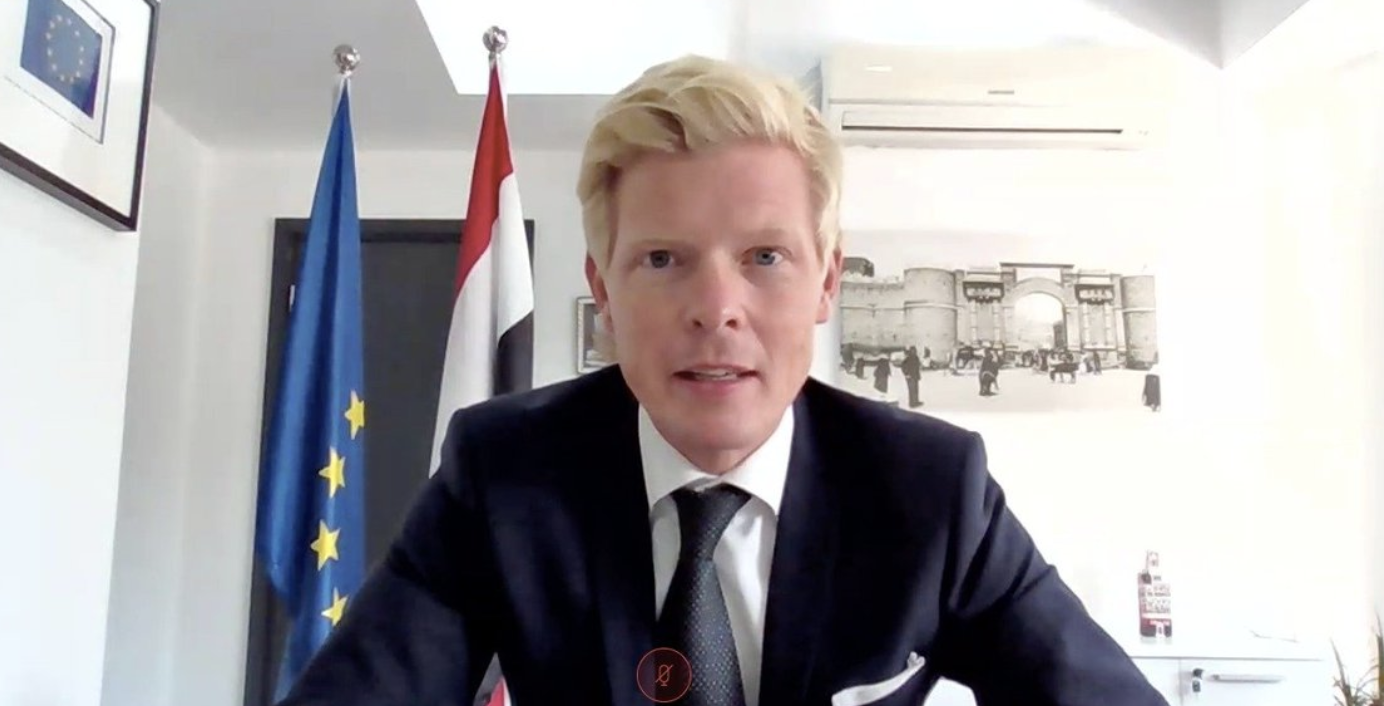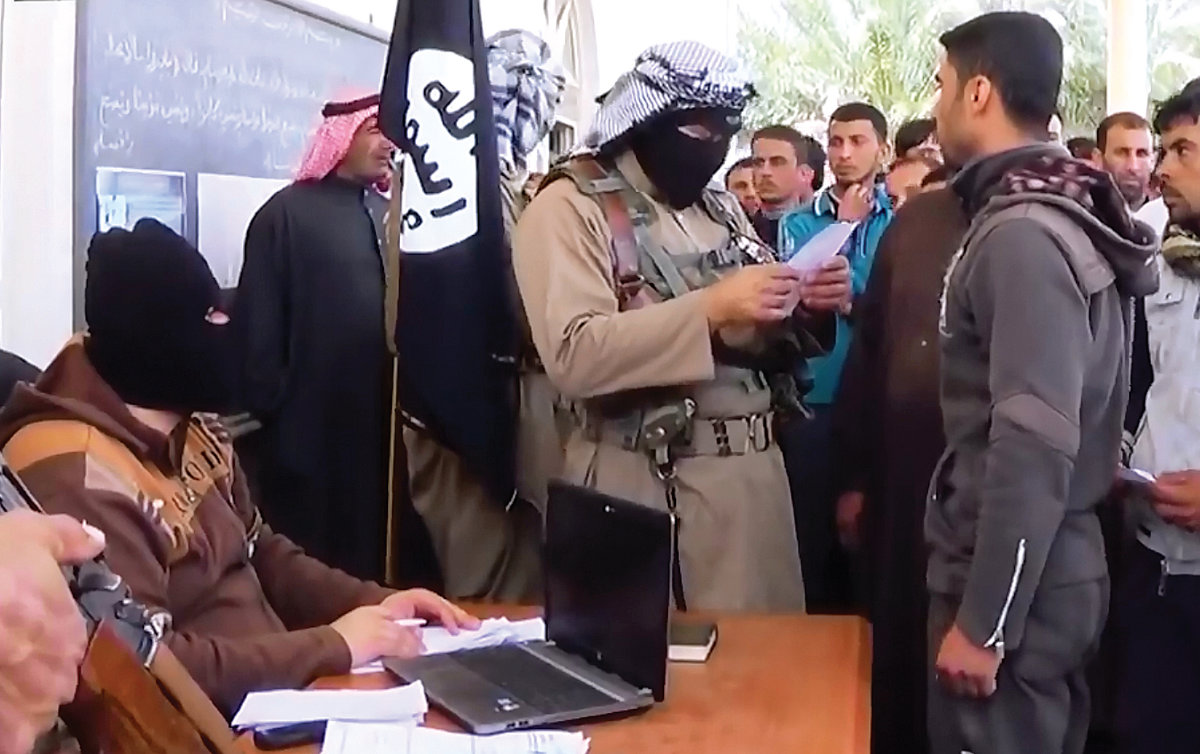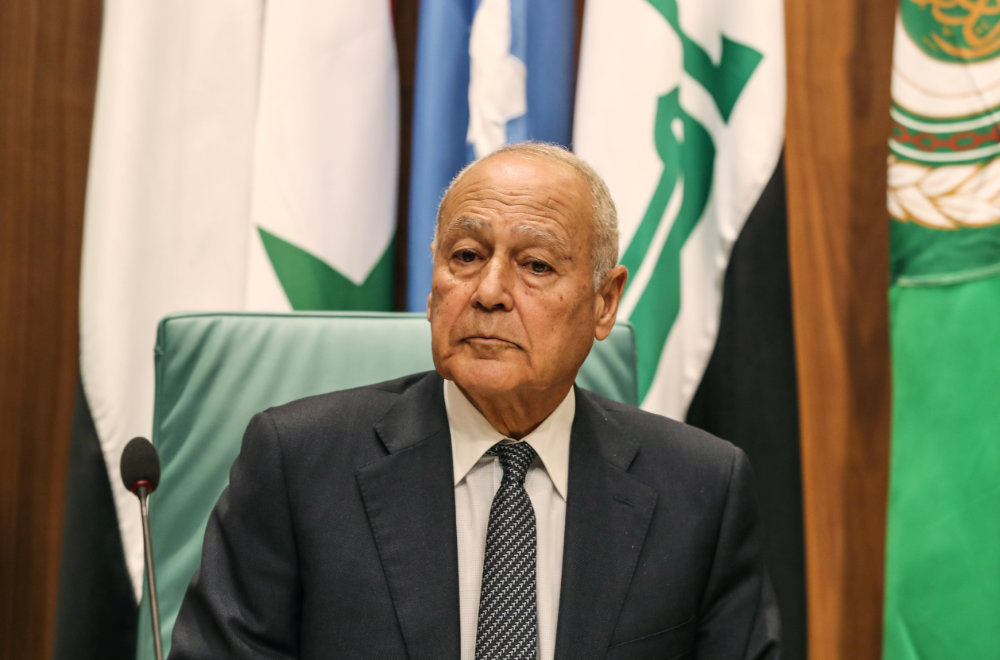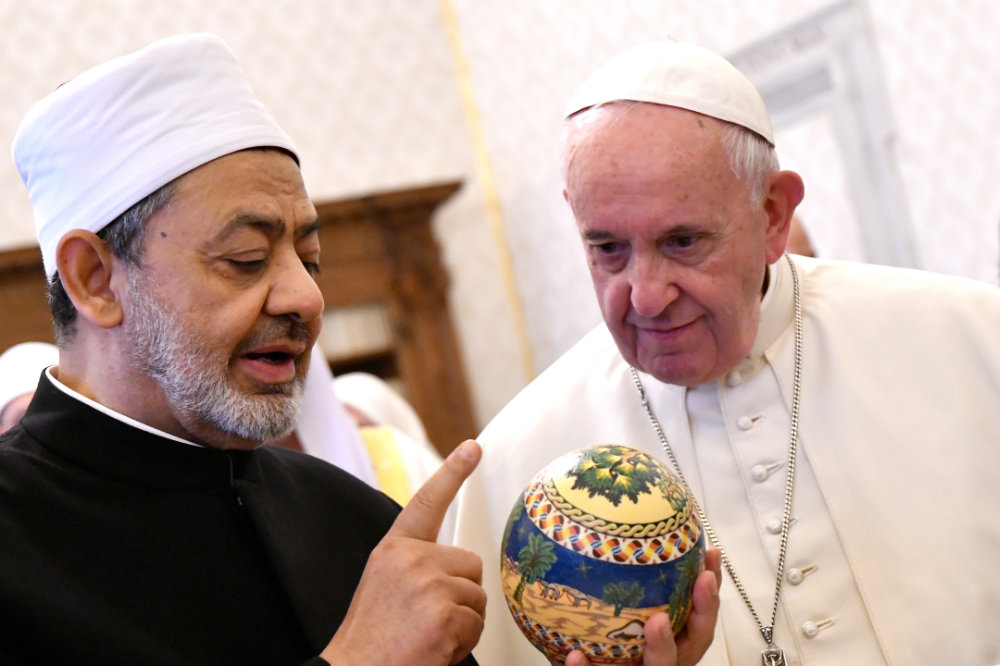Somalia leaders fail to reach deal on elections
MOGADISHU: Somalia’s leaders have failed to break a deadlock over the country’s elections, with no clear path to a vote just days before the government’s mandate expires.
The country is likely to miss a Feb. 8 deadline to choose a new president after days of negotiations between the central government and federal states collapsed on Friday.
The impasse could usher in a political crisis in the Horn of Africa nation already confronting a violent insurgency, a locust invasion and serious food shortages.
President Mohammed Abdullahi Mohammed, who is seeking a second term, told parliament on Saturday his administration “made compromises on everything” to secure a last-minute agreement during talks with regional leaders in Dhusamareb, some 400 km north of the capital Mogadishu.
“I was hoping there would have been some sort of commitment if we got together there but unfortunately that prospect did not materialize,” said the president, who is also known as Farmajo.
“There is still hope. We have agreed to go forward, and make appointments for further talks.”
The president accused Jubaland and Puntland, two of Somalia’s five semi-autonomous regions, of failing to compromise and thereby scuttling an earlier deal to hold indirect parliamentary and presidential elections in late 2020 and early 2021.
That agreement, reached in September, fell apart as squabbles erupted over how to conduct the vote, and deepened mistrust between Farmajo and his regional rivals, most notably in Jubaland.
Jubaland’s leader, Ahmed Madobe, said Saturday that his administration negotiated in good faith but encountered hurdles and resistance all the way.
“The responsibility for the failure to hold timely and consensus-based elections lies solely on President Farmajo,” his office said in a statement.
Jubaland, a lush, relatively prosperous part of Somalia bordering Kenya, has been locked in a power struggle with Mogadishu and the scene of recent violent clashes between local and national forces.
A major bone of contention involved the electoral process in Gedo, a Jubaland region, where Madobe accused Farmajo of “trying to control the vote from afar.”
He said earlier: “We have previously asked the president to stop meddling with the election process and stick to his campaign, but this didn’t happen.”
Farmajo blamed “foreign interference” for undermining the electoral processes. He did not name Kenya, but Somalia has repeatedly accused its larger neighbor of supporting armed groups in Jubaland, straining ties between the countries.
Kenya sees Madobe as an ally, and Jubaland a buffer between Al-Shabab militants who have staged bloody attacks across the border.
Somalia plunged into chaos after the 1991 overthrow of president Siad Barre’s military regime, leading to years of clan warfare followed by the rise of Al-Shabab which once controlled large parts of the country and capital.
The central government remains weak, and controls only part of the national territory.
Somalia’s foreign backers, who provide the embattled government the necessary security and financial aid to stay afloat, warned this week against any attempts at subverting the poll process.
“We underscore that any alternative outcomes, including a parallel process or partial elections, or other measures short of an agreed electoral process, would be a setback that would not obtain the support of partners,” the UN, African Union and other international partners said in a statement on Thursday.
Somalia had set itself the goal of holding its first one-person, one-vote ballot since 1969, a pursuit hailed by the UN as a “historic milestone.”
But frequent attacks by the Al-Shabab militant group, among other governance challenges, made such an exercise an unlikely prospect.
Instead, the one-person, one-vote model was abandoned for a complex indirect system used in the past, where special delegates chosen by clan elders pick lawmakers, who in turn choose the president.
While the process mirrors the last election held in 2017, it was to go a bit further in terms of inclusivity, with 27,775 delegates voting — almost twice as many as last time.

KSrelief, UNICEF to support education in SomaliaDeaths after hotel attack in Somali capital









